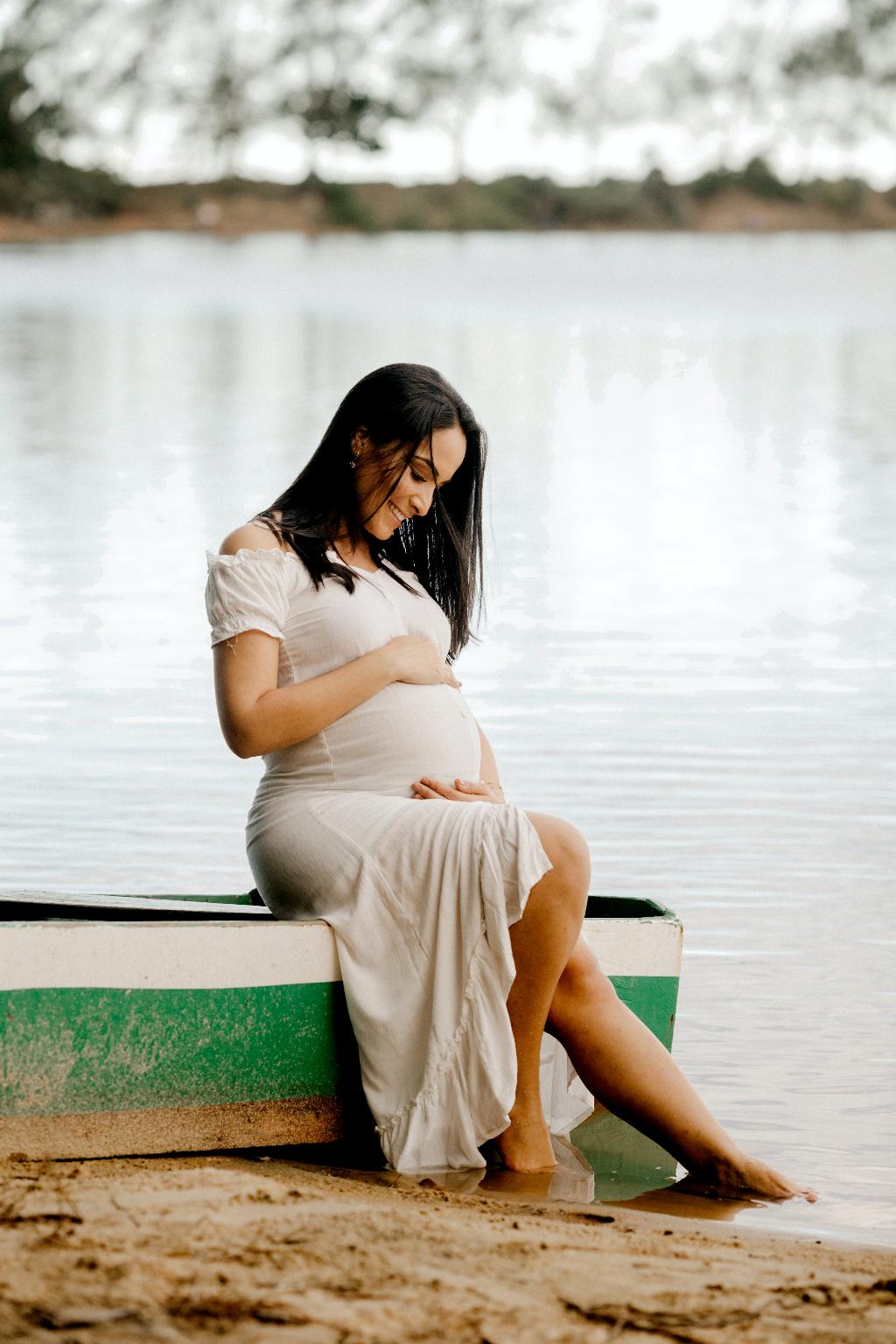One of the earliest telltale signs that you might be pregnant is experiencing nausea and vomiting, commonly referred to as morning sickness. Contrary to its name, morning sickness can strike at any time of the day or night. These symptoms typically begin to manifest around the 4 to 6-week mark of pregnancy.
Signs and Symptoms of Pregnancy
Aside from nausea and vomiting, there are several other signs and symptoms that may indicate you are pregnant. These can include fatigue, breast tenderness, frequent urination, food aversions or cravings, mood swings, and heightened sense of smell.
Understanding Early Pregnancy Tests
If you suspect you might be pregnant, you can confirm your pregnancy by taking a home pregnancy test. These tests work by detecting the presence of human chorionic gonadotropin (hCG) hormone in your urine, which is produced during pregnancy. You can typically take a home pregnancy test as early as the first day of your missed period.
Consulting with a Healthcare Provider
While home pregnancy tests are a convenient way to determine pregnancy, it is essential to consult with a healthcare provider for confirmation. Healthcare providers can perform blood tests and ultrasounds to confirm pregnancy and assess the health of the developing embryo.
Factors Affecting Pregnancy Signs
It’s important to note that the onset and intensity of pregnancy signs and symptoms can vary from woman to woman. Factors such as individual hormonal levels, genetic predispositions, and overall health can influence how early and prominently you experience pregnancy signs.
Maintaining a Healthy Pregnancy
Once pregnancy is confirmed, it is crucial to prioritize your health and well-being. This includes attending regular prenatal check-ups, following a nutritious diet, staying hydrated, engaging in regular exercise, and getting adequate rest.
Coping with Pregnancy Symptoms
If you are struggling with the discomfort of pregnancy symptoms such as nausea or fatigue, there are strategies to help alleviate these issues. Eating small, frequent meals, staying hydrated, getting fresh air, and engaging in light exercise can all contribute to managing pregnancy symptoms.
Emotional Impact of Pregnancy
It is common for pregnancy to evoke a range of emotions, from excitement and joy to anxiety and apprehension. It’s essential to acknowledge and address these emotions, whether by talking to a trusted friend or mental health professional.
Preparing for Parenthood
As you begin to show signs of pregnancy, it’s also a good time to start preparing for parenthood. This can involve researching childcare options, setting up a nursery, attending prenatal classes, and discussing parenting roles and responsibilities with your partner.
Support Systems During Pregnancy
Having a strong support system in place during pregnancy can make the journey more manageable. This can include leaning on your partner, family members, friends, or joining pregnancy support groups to connect with others going through similar experiences.
Enjoying the Pregnancy Journey
Despite the challenges that pregnancy can bring, it’s essential to embrace and enjoy the unique journey of carrying a child. Take time to bond with your baby, document your pregnancy experience, and cherish the special moments along the way.
Conclusion
In conclusion, the signs of pregnancy typically start to become noticeable around the 4 to 6-week mark, with symptoms such as nausea, fatigue, and breast tenderness often being early indicators. If you suspect you are pregnant, it is advisable to take a home pregnancy test and consult with a healthcare provider for confirmation and guidance on prenatal care.

